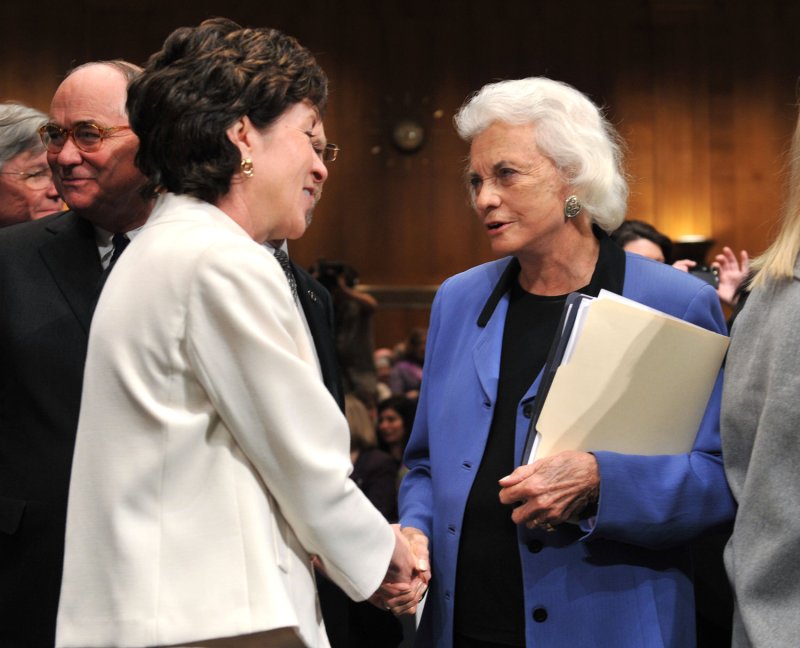ANN ARBOR, Mich., April 16 (UPI) -- U.S. scientists say they've resolved a dispute about one of the mechanisms believed responsible for brain cell death and memory loss in Alzheimer's disease.
Assistant Professors Michael Mayer of the University of Michigan and Jerry Yang of the University of California-San Diego said they and their colleagues have clarified how small proteins called amyloid-beta peptides damage brain cell membranes, allowing extra calcium ions to enter the neurons.















